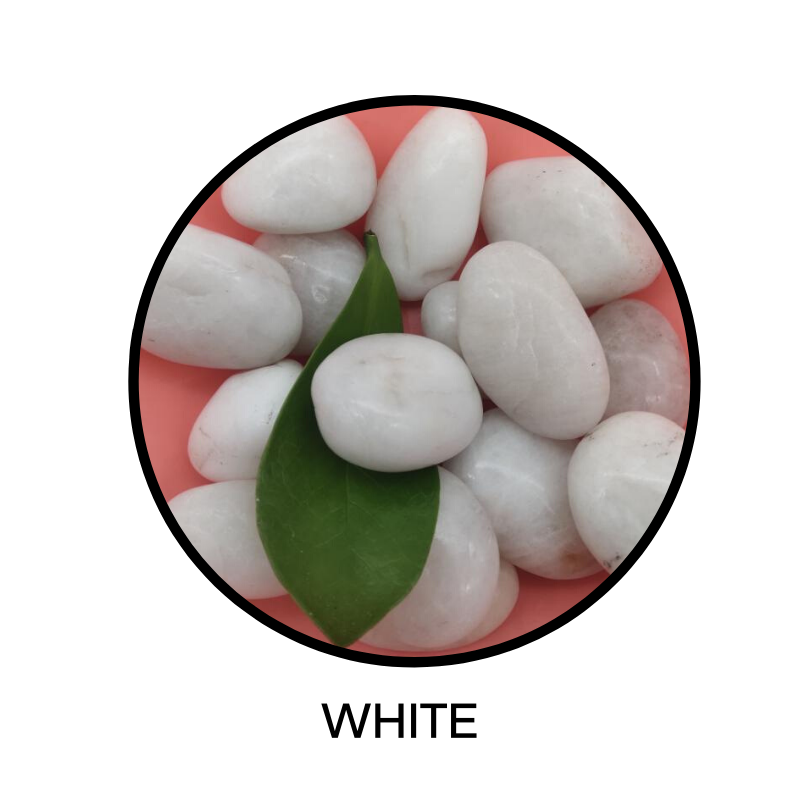
Top Suppliers of Sepiolite Mineral for Industrial Applications Worldwide
The Significance of Sepiolite in Industry and Its Manufacturing Landscape
Sepiolite, a unique clay mineral, has garnered considerable attention in various industries due to its distinctive physical and chemical properties. Known for its fibrous structure and high adsorption capacity, sepiolite is often utilized in applications such as adsorbents, catalysts, and fillers. This article explores the significance of sepiolite, its various applications, and the role of sepiolite manufacturers in meeting global demand.
Understanding Sepiolite
Sepiolite is a magnesium silicate mineral, characterized by its fine particle size and porous nature. Its physical attributes, such as high surface area and exceptional ability to retain water, make it an excellent candidate for numerous applications. Furthermore, sepiolite can act as a sorbent, capable of capturing and retaining liquids and gases, which makes it valuable in environmental remediation and industrial processes.
Applications of Sepiolite
1. Adsorbents and Environmental Applications One of the primary uses of sepiolite is as an adsorbent for pollutants. In industries dealing with wastewater treatment, sepiolite plays a crucial role in removing heavy metals and organic contaminants. Its high porosity allows it to capture and immobilize harmful substances, thereby aiding in environmental protection.
2. Construction and Building Materials In the construction sector, sepiolite is increasingly being used as a lightweight filler material. Its thermal insulation properties help in regulating temperature and enhancing energy efficiency in buildings. Additionally, sepiolite is incorporated into concrete mixtures to improve moldability and durability.
3. Agriculture Sepiolite's ability to retain moisture and nutrients makes it beneficial in agriculture. It can be used as a soil conditioner to enhance water retention, particularly in arid regions. This property aids in promoting crop growth and sustainability in farming practices.
mineral sepiolite manufacturers

4. Cosmetics and Personal Care The cosmetic industry has recognized the value of sepiolite as a natural ingredient in skincare and beauty products. Its absorbent qualities make it an excellent component for face masks and powders, as it helps to control excess oil and impurities.
5. Industrial Catalysts Sepiolite is also employed in various catalytic processes. Its unique structure provides a solid support for metallic catalysts, enhancing their effectiveness and longevity in chemical reactions, particularly in the petrochemical industry.
The Manufacturing Landscape of Sepiolite
The global demand for sepiolite has prompted a growing number of manufacturers to enter the market. Leading manufacturers focus on high-quality extraction techniques and advanced processing methods to ensure the production of pure and effective sepiolite products.
Many of these companies emphasize sustainability in their practices. Given the environmental benefits of sepiolite in various applications, manufacturers are keen to ensure that their extraction and processing techniques minimize ecological impact. Moreover, innovation in product development is key for manufacturers to stay competitive. By investing in research and development, companies are exploring new formulations and applications for sepiolite, thus expanding its use across diverse industries.
Conclusion
Sepiolite stands out as a versatile mineral with a myriad of applications across multiple sectors, including environmental management, construction, agriculture, cosmetics, and catalysis. As the demand for sustainable and efficient materials continues to grow, the role of sepiolite manufacturers will be critical. With a focus on innovation and ecological mindfulness, these manufacturers will not only meet market demands but also contribute to a more sustainable future. The evolution of sepiolite as a valuable resource is just beginning, and its potential is immense as industries seek effective solutions to modern challenges.
Share
-
Premium Pigment Supplier Custom Solutions & Bulk OrdersNewsMay.30,2025
-
Top China Slag Fly Ash Manufacturer OEM Factory SolutionsNewsMay.30,2025
-
Natural Lava Rock & Pumice for Landscaping Durable Volcanic SolutionsNewsMay.30,2025
-
Custom Micro Silica Fume Powder Manufacturers High-Purity SolutionsNewsMay.29,2025
-
Custom Mica Powder Pigment Manufacturers Vibrant Colors & Bulk OrdersNewsMay.29,2025
-
Custom Micro Silica Fume Powder Manufacturers Premium QualityNewsMay.29,2025






